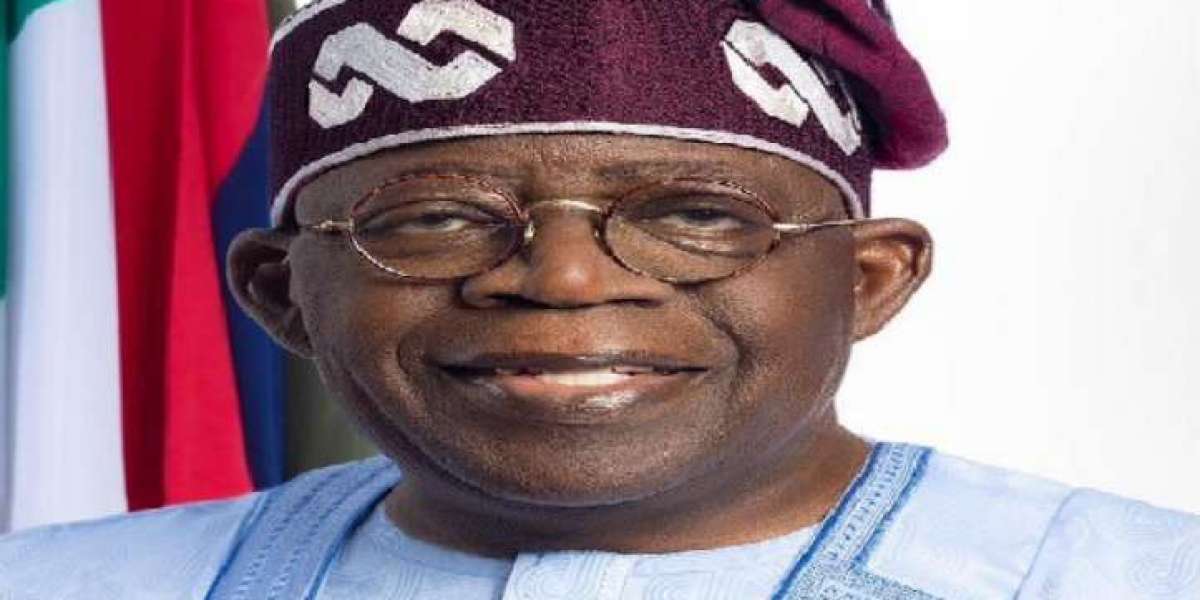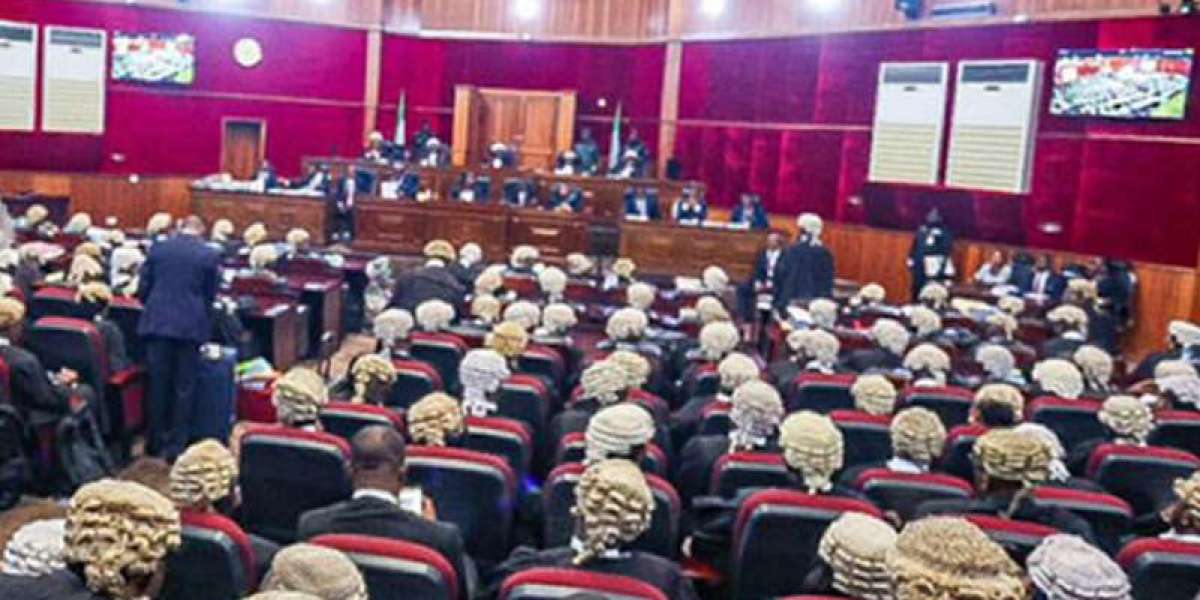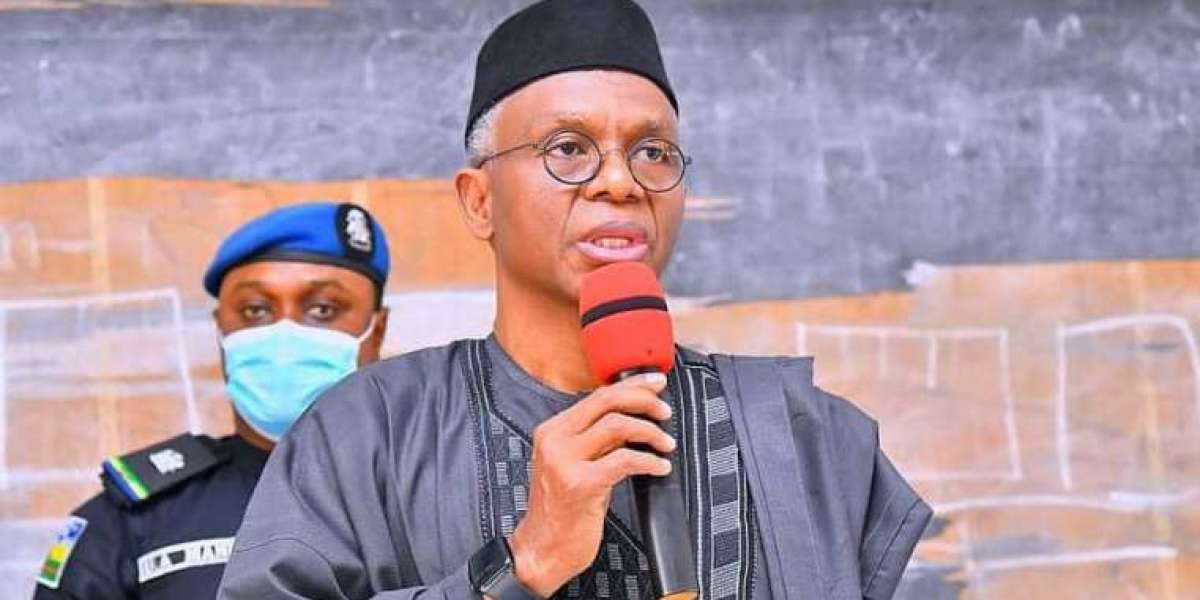It was raised from 2 percent to 2.5 percent in the Finance Act of 2021 and then to 3 percent in the Finance Act of 2023.
On May 28, 2023, former President Muhammadu Buhari signed the Finance Act 2023 and retroactively set its effective date to May 1, 2023.
Every company is subject to tertiary education tax at a rate determined by the President based on the assessable profit for each year of assessment.
ALSO READ: Peter Obi’s Legal Team Humiliates INEC As Tribunal Admitted Evidence
The funds are allocated for the general improvement of education in federal and state postsecondary institutions, specifically for the provision or maintenance of: essential physical infrastructure for teaching and learning; instructional material and apparatus; research and publications.
Also included in this year's Finance Act is the reinstatement of taxes on the purchase of an individual or couple's life insurance policy.
ALSO READ: The presidential election court accepts result documents from 17 states from Obi.
According to the Act: “Tax deduction is restored for premium paid in respect of insurance on own life and spouse”.
Other alterations to the old Finance Act include the imposition of a 10 percent tax on gains from the sale of digital assets, including cryptocurrencies, and the deduction of capital losses on assets for capital gains tax purposes. This may be carried over for up to five years.
ALSO READ: Peter Obi: I Knew The Labour Congress Would Take This Action - Keyamo
Now, there is rollover relief on the sale of shares. This is contingent upon reinvestment of the proceeds within the same tax year. The investment allowance on plant and equipment has been eliminated.
Government has imposed a 0.5 percent tax on all non-African imports into Nigeria.
All services, including telecommunication services, are subject to an excise tax at rates set by the President.
In his last-minute approval of the 2023 Finance Act, Buhari maintained the contentious Electronic Money Transfer (EMT) levy allocation of 15% to the federal government, 50% to state governments, and 35% to local governments.




chidiebere nwankwo 1 y
oooh